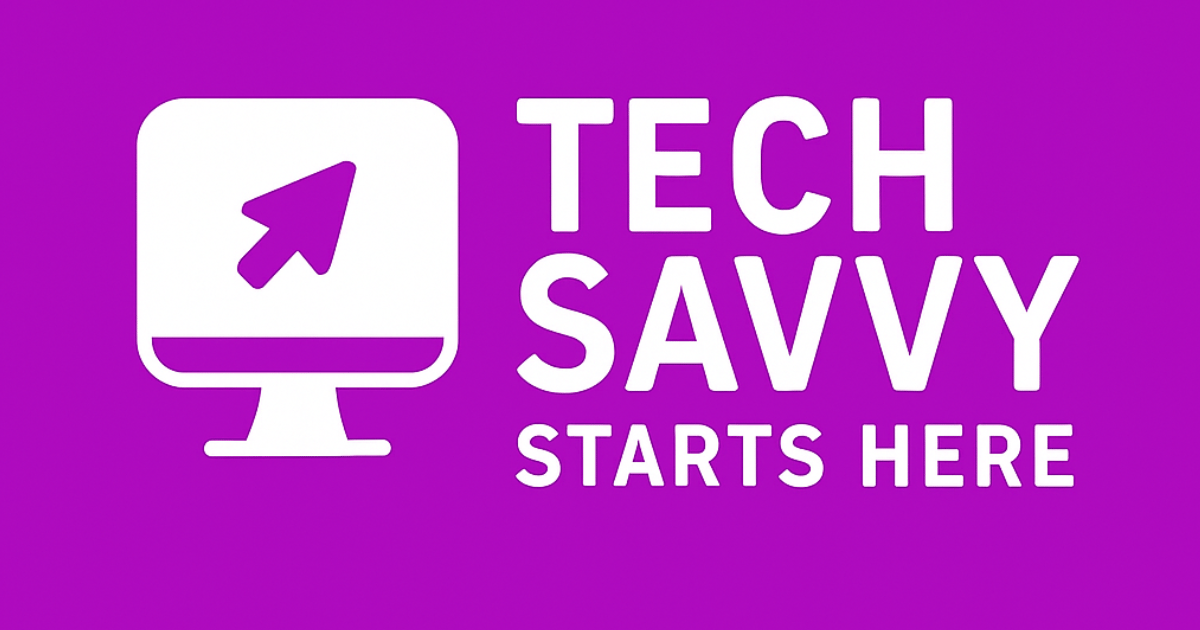🔍 What Is an Auditory Learner?
Auditory learners thrive in environments where information is spoken or heard. Whether through conversation, lectures, or listening to recordings, these learners internalize concepts better through sound-based input.
You might be an auditory learner if:
You remember things better when you say them out loud
You prefer lectures, discussions, or audiobooks over dense reading
You tend to “talk through” problems to solve them
You enjoy using rhymes, songs, or repetition to study
This learning style often overlaps with strong verbal or musical intelligence—and with the rise of AI, there are now powerful ways to tap into it.
🤖 How AI Chatbots Can Help Auditory Learners
AI chatbots are no longer limited to silent text. Many now support voice interaction, spoken summaries, and audio-first learning strategies. Here's how auditory learners can benefit:
1. Use Voice Mode for Conversations
Apps like ChatGPT (mobile), Gemini, and others now offer voice functionality. This allows you to ask questions aloud and hear answers back—just like a tutor or study buddy.
Prompt: Can you walk me through the basics of supply and demand out loud?
2. Request Podcast-Style Explanations
Even if you're using a text-only version, you can ask the chatbot to simulate a podcast or narrated lesson.
Prompt: Explain this topic as if you were hosting a podcast for beginners.
3. Convert Text to Speech
Pair your AI chatbot with text-to-speech tools (like Natural Reader, Speechify, or even mobile screen readers). You can listen to responses while on the move—commuting, exercising, or doing chores.
4. Role-Play Learning Scenarios
Auditory learners benefit from dialog. Ask your chatbot to play a role—teacher, coach, or peer—and simulate Q&A sessions to deepen understanding.
Prompt: Pretend you're an interviewer asking me questions about AI ethics.
5. Create Rhymes, Mnemonics, or Repetition-Based Aids
Ask your chatbot to turn concepts into songs, rhymes, or repeated phrases that are easier to memorize by ear.
Prompt: Can you turn the steps of photosynthesis into a short rhyme I can memorize?
💡 Real-Life Example
Let’s say you're learning about the circulatory system. You ask:
Prompt: Explain how the heart works as a short audio lesson.
The chatbot might respond like this:
🎙️ Welcome to this quick audio on the human heart! Picture this: Your heart has four chambers. Blood flows from the body into the right atrium, then to the right ventricle, then to the lungs….
You can record this in your voice or use a voice reader to reinforce it throughout the day.
Or you are preparing for a presentation and say:
Prompt: Give me a verbal outline I can rehearse out loud.
The chatbot gives you 3–5 talking points in short, natural-sounding language—perfect for rehearsing.
✅ 3 Practical Takeaways
1. Listen to Learn
Turn AI text into audio using built-in voice tools or Text-to-Speech (TTS) software. Try replaying key explanations while doing daily activities.
2. Practice Speaking
Teach the concept back to your chatbot, and ask for feedback. Hearing yourself explain reinforces retention.
3. Use Sound-Based Prompts
Start prompts with phrases like: Explain like a podcast, Simulate a conversation, or Give me key phrases to memorize out loud.
📣 This Week’s Challenge
🎯 Try this today:
Prompt: Explain [your topic] to me as a 2-minute podcast episode.
Listen to it. Then try saying it back in your own words.
🎤 Bonus: Record yourself and compare your version with the chatbot’s.
Tag me @TechSavvyStartsHere or reply to this email—I’d love to hear how you’re learning by listening.
🔄 Coming Next: Learning Through Reading and Writing
In Week 3, we’ll explore how text-driven learners can use AI to generate structured notes, study guides, writing prompts, and journal reflections.
If you learn best by seeing words on a page and putting pen to paper, stay tuned.
Enjoyed this edition?
Forward it to a friend or colleague who’ll enjoy it as well.
Missed something? Catch up in the newsletter archive.
🧠 Keep learning. | 💬 Keep questioning. | 💥 Keep growing.
Your Tech Partner,
Ijeoma Ndu, PhD

